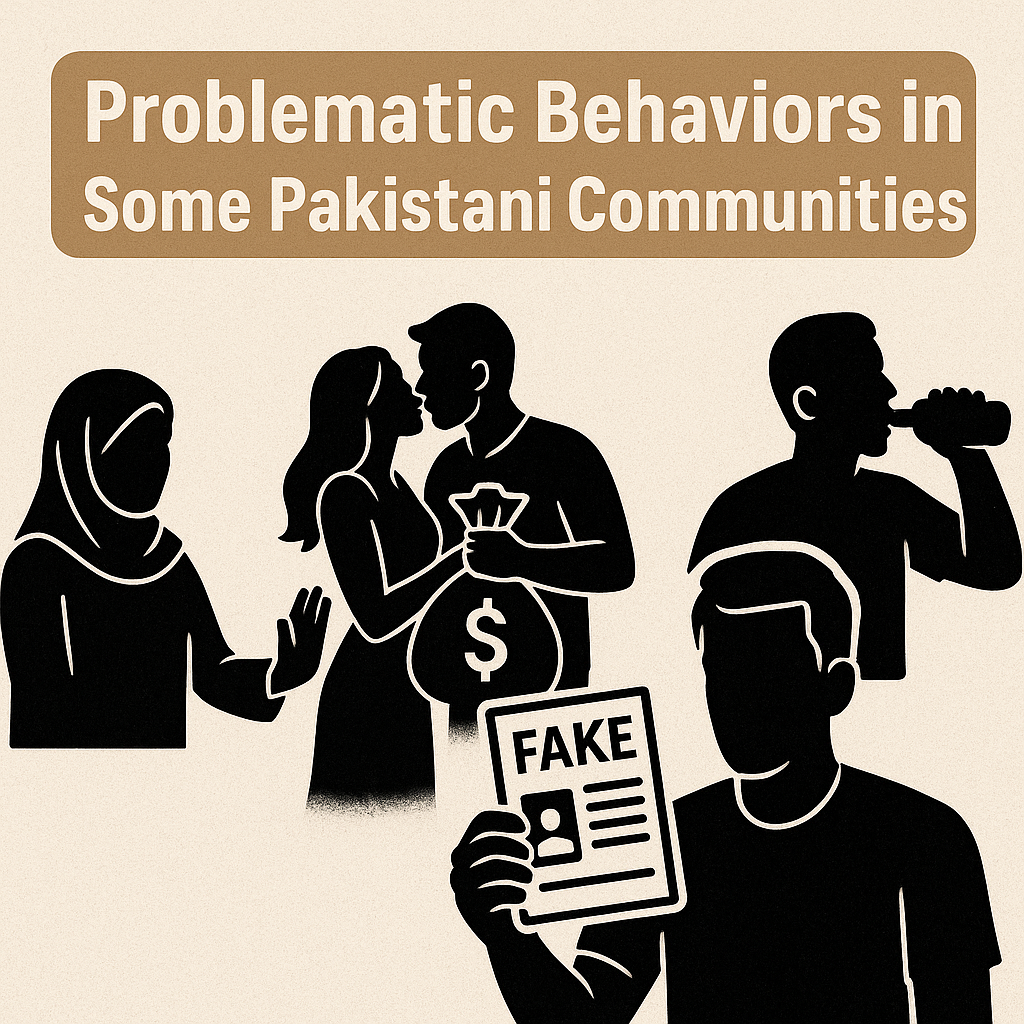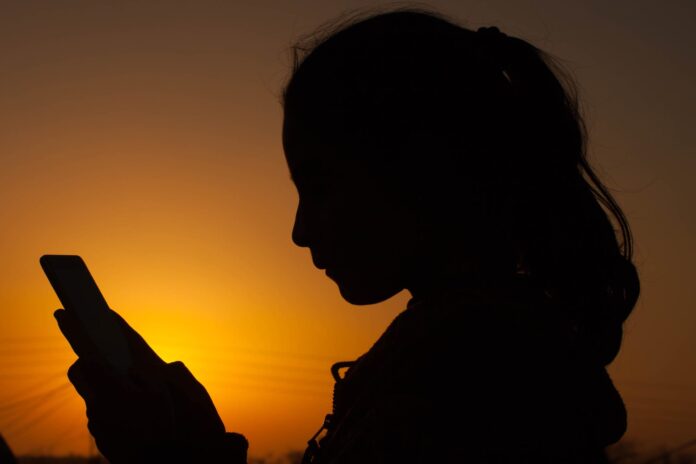Table of contents
Pakistan is a nation enriched by cultural diversity, history, and resilience. With over 230 million people, it is home to various ethnicities and traditions, including Punjabis, Sindhis, Baloch, Pashtuns, and Gilgitis, among others. Despite its many achievements and a growing middle class, certain behavioral patterns observed in both domestic tourism and international migration have raised serious concerns. While this article is based on personal observations and is not meant to generalize or offend, it highlights uncomfortable truths that some segments of our society need to reflect upon.
Tourism in Pakistan: The Dark Side of Domestic Travel

Pakistan has witnessed a significant surge in domestic tourism over the past decade. Locations like Hunza, Swat, Skardu, and Chitral have become hotspots for travelers. However, with increasing footfall comes responsibility—something that not all tourists seem to understand.
Environmental Irresponsibility
Hunza Valley, a gem in the Gilgit-Baltistan region, is a prime example. Once known for its serene beauty and pristine environment, it is now struggling with pollution and over-tourism. Many domestic tourists:
- Organize open-air BBQs and leave trash behind.
- Blast loud music, disturbing the peace of natural reserves.
- Dispose of waste irresponsibly, damaging fragile ecosystems.
According to a report by the World Bank (2020), Pakistan generates about 3.9 million tons of plastic waste annually, and tourist regions like Gilgit-Baltistan are particularly vulnerable due to lack of infrastructure to manage sudden surges in waste.
Ethical Concerns and Exploitation
Even more troubling are reports of unethical behaviors by some visitors. Shop owners in Hunza have spoken out about:
- Theft and fraud, including the use of fake digital transaction slips.
- Tourists renting cars to flaunt wealth, often leading to scams or exploitative behavior.
- Attempts to deceive local girls with fake promises of marriage or love, only to abandon them later.
These behaviors not only damage the local economy and social fabric but also create a distrustful atmosphere for genuine visitors.
Religious Hypocrisy and Cultural Intolerance
A major point of contention is the perceived contradiction between claimed religious identity and actions.
Many of these individuals proudly call themselves Muslims but engage in acts that starkly contrast Islamic teachings—dishonesty, exploitation, and disrespecting local cultures. For instance:
- In Kalash Valley, a unique non-Muslim indigenous community in Chitral, there have been repeated attempts by outsiders to forcibly convert locals to Islam. In some extreme cases, these efforts have led to threats and violence.
- Instead of appreciating the valley’s rich cultural diversity, these visitors impose their beliefs, often with little understanding of Islamic principles of tolerance and peaceful preaching (Qur’an 2:256: “There is no compulsion in religion.”).
This behavior raises a critical question: Would these individuals tolerate similar actions if they were on the receiving end, especially in foreign lands?
The International Face of the Problem
Beyond borders, some individuals from Pakistan continue to act irresponsibly, bringing shame to the country’s reputation abroad.
Visa Fraud and Illegal Activities
It’s no secret that immigration systems in the West are often manipulated. Reports and court cases from countries like the UK, Germany, and the USA have detailed:
- Fake asylum claims and forged documents.
- Illegal work under student or tourist visas.
- Involvement in drug trafficking or street-level crimes.
According to Europol’s 2023 report, several South Asian nationals, including Pakistanis, have been involved in visa fraud rings and identity scams.
Moral Contradictions Abroad
A particularly disheartening trend is the double life some migrants lead:
- Engaging in unlawful activities, clubbing, illicit relationships (Zina), while demanding halal food and religious accommodations.
- Expressing devotion by planning pilgrimages to Mecca or Medina, yet acting in contradiction to Islamic ethics.
These contradictions confuse host communities and damage the credibility of the global Muslim diaspora.
Online Exploitation and Immigration Fraud
With the rise of social media, another disturbing trend has emerged: romantic manipulation for immigration purposes.
Both men and women from Pakistan have been reported to:
- Fake relationships with foreigners to gain marriage-based immigration.
- Cheat their partners after obtaining visas or citizenship.
- Engage in cyber fraud under the guise of love or marriage proposals.
This behavior not only affects the victims emotionally and financially but also reinforces negative stereotypes about Pakistanis globally.
Accountability and the Path Forward
It is essential to recognize that not all Pakistanis behave this way. Many are hardworking, law-abiding, and bring pride to the nation. But remaining silent about the wrongs of a few means endorsing them.
We must:
- Raise Awareness: Through social media, education, and local dialogues, address the gap between claimed values and practiced behavior.
- Improve Law Enforcement: Both domestically and through diplomatic missions abroad, ensure stricter checks and fair consequences for illegal actions.
- Promote Ethical Tourism: Educate domestic travelers on eco-friendly and respectful travel practices.
- Revamp Religious Understanding: Shift from ritualistic displays to genuine practice of Islam’s core teachings—honesty, humility, and respect for others.
Conclusion
This is a wake-up call—not a condemnation of an entire community, but a heartfelt plea to introspect. A few unethical behaviors, if unaddressed, can damage the reputation of an entire nation. It is our collective duty as citizens, Muslims, and human beings to uphold integrity whether at home or abroad.
Let us remember: God is not only worshipped in mosques or during pilgrimages but also in how we treat people, respect laws, and live honestly.
Disclaimer: This article is based on the author’s personal experiences and observations. It does not intend to offend any religious or ethnic group but aims to spark necessary dialogue and awareness. We acknowledge and respect the many honorable individuals from Pakistan who represent the nation positively around the world.

